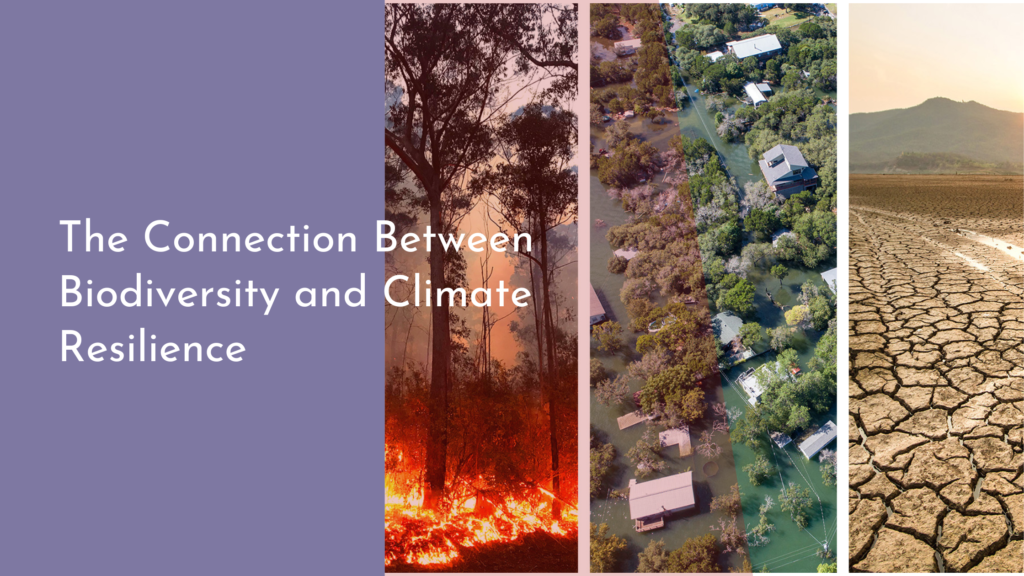The Growth of Ethical Brands in the Digital Age
In recent years, the digital age has catalyzed a remarkable transformation in consumer behavior, with ethical brands taking center stage. As the world grows more interconnected, consumers are increasingly aware of the social, environmental, and economic impacts of their purchasing decisions. This shift has given rise to a new era of ethical consumerism, where brands that prioritize sustainability, fair trade, and social responsibility enjoy unprecedented growth and support. In this article, we explore the factors driving the rise of ethical brands online, the digital strategies empowering their growth, and the promising future that lies ahead.
Understanding the Rise of Ethical Brands Online
The digital age has democratized access to information, allowing consumers to make more informed choices about the products they buy and the companies they support. Ethical brands, which prioritize principles such as sustainability, fair trade, and transparency, have seen a surge in popularity. Online platforms provide an excellent venue for these brands to communicate their values and engage with a global audience interested in conscious consumerism. As a result, many ethical brands have managed to carve out a niche for themselves in a competitive market, appealing to customers who are keen to align their purchasing power with their personal values.
In addition to heightened consumer awareness, the rise of ethical brands online can also be attributed to the growing influence of social media. Platforms such as Instagram, Facebook, and Twitter allow ethical brands to showcase their initiatives, engage with followers, and build communities around shared values. The visual nature of these platforms makes it easy for brands to tell compelling stories about their mission and impact, fostering a sense of connection and trust with their audience. As consumers increasingly turn to social media for recommendations and advice, ethical brands have a unique opportunity to leverage these platforms to reach a wider audience and gain loyal customers.
Key Drivers Behind Ethical Consumerism’s Surge
A key driver behind the surge in ethical consumerism is the increasing awareness of environmental issues. With climate change and environmental degradation becoming pressing global concerns, consumers are more conscious of the ecological footprint of their purchases. As such, ethical brands that prioritize sustainable practices and environmentally friendly products are gaining traction. From eco-friendly packaging to carbon-neutral supply chains, these brands are setting new standards for environmentally responsible business practices and attracting consumers who wish to make a positive impact on the planet through their choices.
Another significant factor propelling ethical consumerism is the demand for transparency and accountability from corporations. In the digital age, consumers have access to a wealth of information about a company’s operations, supply chain, and impact. Ethical brands are those that embrace transparency, openly sharing information about their practices and sourcing. This transparency helps build trust with consumers, who are increasingly skeptical of greenwashing and empty promises. By being transparent and accountable, ethical brands can differentiate themselves from competitors and foster lasting relationships with their audience.
Digital Strategies Empowering Ethical Businesses
To thrive in the digital age, ethical brands are adopting innovative digital strategies that amplify their reach and resonate with consumers. One such strategy is content marketing focused on storytelling. By sharing authentic stories about their mission, values, and impact, ethical brands can connect emotionally with their audience. Whether it’s a video showcasing the artisans behind a fair-trade product or an article about the brand’s sustainability initiatives, these stories help humanize the brand and convey its commitment to ethical principles.
Another critical digital strategy is leveraging influencer partnerships. By collaborating with influencers who share their values, ethical brands can tap into new audiences and boost their credibility. Influencers can help spread the word about ethical products by showcasing them in authentic, relatable ways. This strategy not only expands the brand’s reach but also reinforces its message through trusted voices. When executed thoughtfully, influencer partnerships can be a powerful tool for ethical brands looking to grow their online presence and engage with a community of like-minded individuals.
Embracing a Bright Future for Ethical Brands
The future holds immense promise for ethical brands, particularly as younger generations become more influential in the marketplace. Millennials and Generation Z are known for their strong preference for authenticity, sustainability, and social responsibility. As these consumers continue to gain purchasing power, they are likely to gravitate towards brands that align with their values, further fueling the growth of ethical businesses. In response, companies across industries are reevaluating their practices and exploring ways to integrate ethical principles into their operations.
As technology continues to evolve, ethical brands are poised to leverage new tools and platforms to further their impact. Innovations such as blockchain for transparent supply chains, AI for sustainable production, and virtual reality for immersive storytelling offer exciting possibilities for the future of ethical commerce. By staying at the forefront of these technological advancements, ethical brands can continue to engage consumers and inspire positive change on a global scale.
The growth of ethical brands in the digital age represents a significant shift in consumer culture, signifying a collective move towards more responsible and sustainable choices. With increased access to information and the power of digital platforms, consumers are more empowered than ever to support brands that reflect their values. As ethical brands continue to innovate and adapt to the changing landscape, they hold the potential to not only thrive but also drive meaningful change in the world. The future is bright for ethical brands, and their continued growth offers hope for a more sustainable and equitable future for all.

